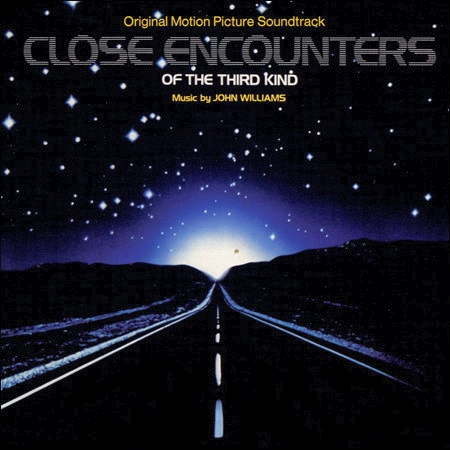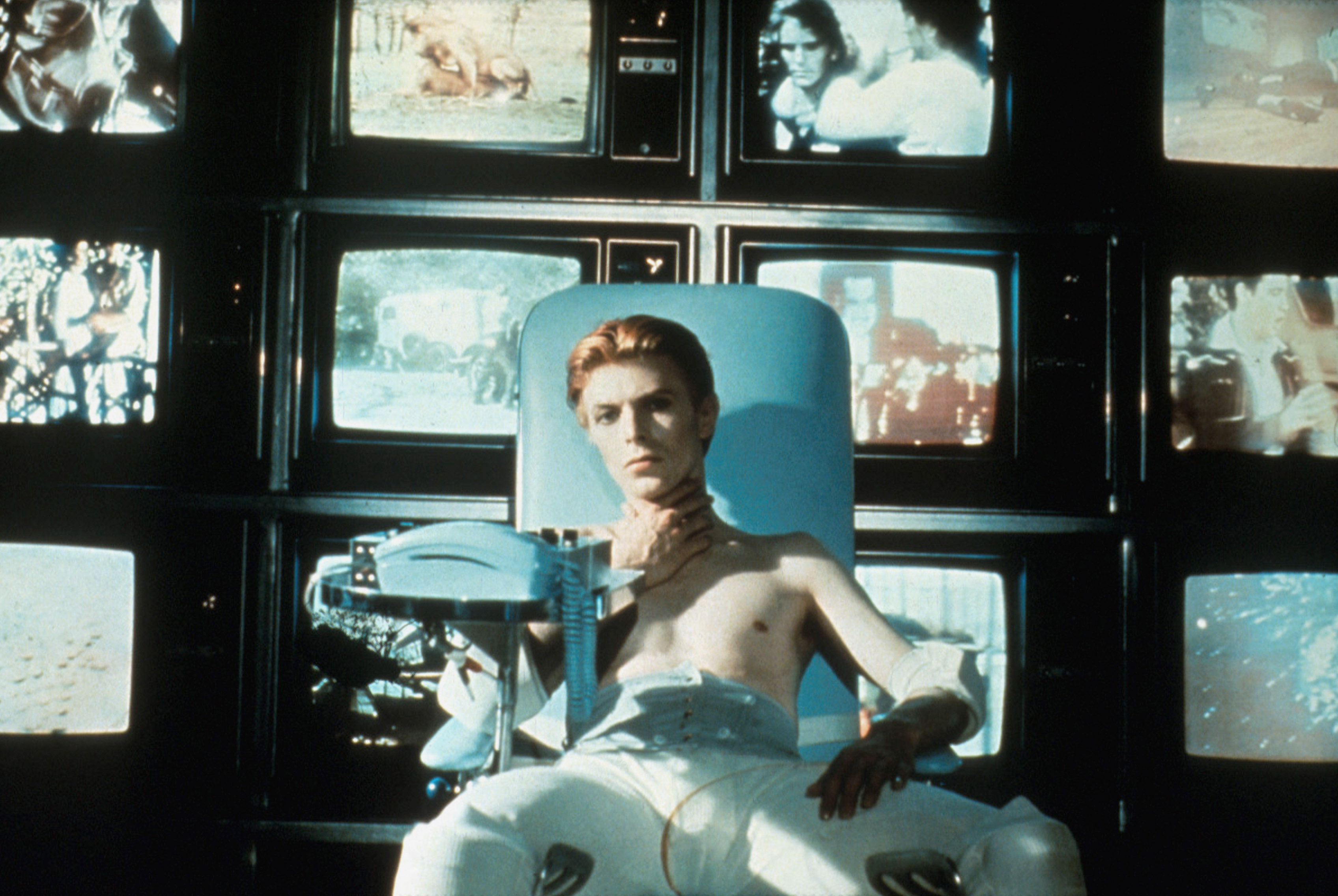Robert here, with my series Distant Relatives, where we look at two films, (one classic, one modern) related through a common theme and ask what their similarities and differences can tell us about the evolution of cinema.

Less human than human
It may seem hard to believe now but the original intent of science fiction wasn't mindless entertainment. These days, the intelligent sci-fi movie is rare enough that it needs to be noted, but back in a time before time, exploring issues of social awareness, philosophy, and humanity was the purpose genre. Inception is a film that's been criticized and accused of a good many things. It's been called too complex, and not complex enough, shallow, convoluted and cold. But in its best moments and in what it eventually narrows down to it hints at this question: In the equation of reality, how much is objective fact and how much is our own perceptions and projections? Should we and can we accept the parts of reality that may or may not exactly be real?
We don't know for sure if Andrei Tarkovsky, famous heady Russian filmmaker would find fault anywhere in Inception. But it's well known that his most famous film Solaris was a reaction to 2001: A Space Odyssey, which he considered too cold and distant. That film follows Kris Kelvin, a scientist widower who travels to investigate strange occurrences aboard a the Solaris space station. Once there his wife reappears to him, although both she and he know that she is merely a projection of his psyche made flesh by the mysterious planet Solaris. After failed attempts to send her away (she keeps reappearing), Kelvin must decide whether he'd rather lose a lonely reality in turn for a world of fiction... but potential happiness.
Connections between the two films are immediately apparent. Both protagonists' wives are not only deceased, but of suicide, a plot device responsible for creating the most intense grief. Both films present us with two states of being, either Earth/Solaris or dreams/waking and both protagonists must decide between the two of them.
In Inception, all of the business about implanting an idea in a man's head and corporate intrigue is almost a macguffin, a plot device which exists to place DiCaprio's Cobb deep into his own subconsious (represented by the Limbo). Here is a concept that Solaris does not share. There is no macguffin, no sideways entrance into the psyche. Tarkovsky doesn't wait long (by Tarkovsky standards) to put Kelvin into contact with his "wife".
You don't really exist
 just reflections of real people
just reflections of real people
Each film's protagonist is a man in reality. When the film asks questions about humanity we experience it through him, his pain, his desperateness, and ultimately his decision to accept or reject reality. But to appreciate the questions raised it helps to understand the events through the prism of the deceased wives. Kelvin's wife Hari has consciousness and is by all standards an autonomous being but one who realizes that she is a construct of her husband's perception. Inception's Mal, as a projection of Cobb isn't necessarily a sentient being, but as we see her in flashbacks, as we know the real Mal, we see a woman who is constantly uncertain of whether or not the world around her is real or not, and struggles to knw how much of it is simply her creation. These women give us a good sense of how these films view the human condition, in both an active and passive sense. We need not be in a dream to wonder how much of the world around us is influenced by our own projections like Mal, nor do we need to know we're fictitous like Hari to recognize that the only understanding anyone can ever have of us is skewed by their own subjectivity. The world never exists in an objective state to us, and we never exist in an objective state to the world.
When Inception begins Cobb is already mimicing Mal's state of uncertainty at the reality of their reality. Cobb understands that dreams can be so convincing that one can become lost without ever knowing it. Conversely Kelvin doesn't fear getting caught in unreality and is always aware that his wife is, in fact, not real. But he fails to recognize the power of the dream and soon her unreality doesn't seem to matter as much to him.
'Tis better to have loved and lost...
 would you give up reality if it never existed in the first place?
would you give up reality if it never existed in the first place?
You mean more to me than any scientific truth. - Solaris
In comparing Inception with Solaris, it's easy to dismiss Inception as the big blockbuster for the masses that gives its medicine with a heaping helping of sugar while trumping Solaris as a highly-demanding work of art that isn't diluted by explosions and car chases. But that would be unfair. Nolan may serve up his philosophizing surrouneded by a buffer of entertainment but he's reached more people recently than Solaris, which wasn't exactly a big hit when it was released even among the idealized, Godfather and Nashville-going audiences of the 1970's. If anything, Inception proves that people aren't as opposed to complex films as Hollywood thinks. No, Steven Soderberg's Solaris didn't do so well, nor would Tarkovsky's today, though I doubt either of those men would have made changes for the sake of a bigger audience.
Which suggests that audiences will only go so far. Yes, Inception's insight isn't at the level of Solaris's, and yes Inception is often criticized for glossing over its climactic reality vs fiction decision. But like Solaris, the film ends on a vague suggestion that all along, the distinction between fact and fantasy may not have really made a difference. One great writer said of the film, "This exploration of the unreliability of reality and the power of the human unconscious, this great examination of the limits of rationalism and the perverse power of even the most ill-fated love, needs to be seen as widely as possible." Of which film, you ask? Such is their similarity that it could be either. And I have to wonder, does the reality matter?
 Thursday, June 4, 2020 at 10:00PM
Thursday, June 4, 2020 at 10:00PM  Viola Davis at a Solaris premiere in 2002
Viola Davis at a Solaris premiere in 2002






